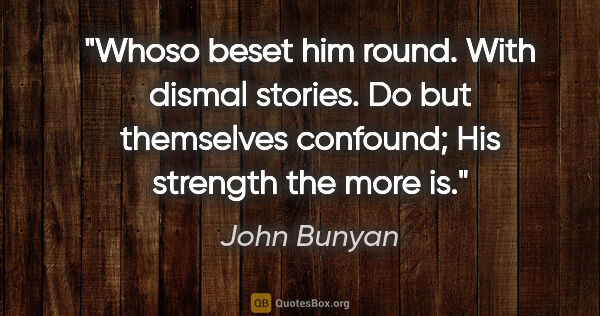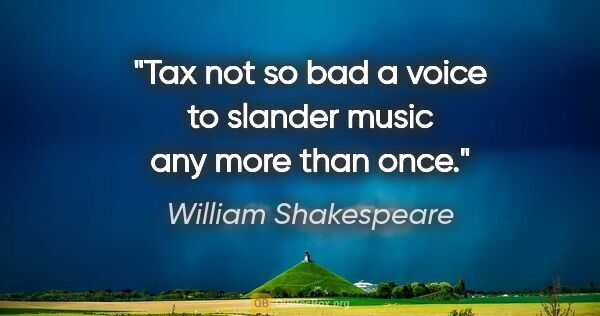More Quotes (page 482)
Someone should write an erudite essay on the moral, physical, and esthetic effect of the Model T Ford on the American nation. Two generations of Americans knew more about the Ford coil than the clitoris, about the planetary system of gears than the solar system of stars. With the Model T, part of the concept of private property disappeared. Pliers ceased to be privately owned and a tire pump belonged to the last man who had picked it up. Most of the babies of the period were conceived in...
John Steinbeck
I heartily accept the motto, "That government is best which governs least"; and I should like to see it acted up to more rapidly and systematically. Carried out, it finally amounts to this, which also I believe? "That government is best which governs not at all"; and when men are prepared for it, that will be the kind of government which they will have. Government is at best but an expedient; but most governments are usually, and all governments are sometimes, inexpedient.
Henry David Thoreau
I have set off and found that there is no end to even the simplest journey of the mind. I begin, and straight away a hundred alternative routes present themselves. I choose one, no sooner begin, than a hundred more appear. Every time I try to narrow down my intent I expand it, and yet those straits and canals still lead me to the open sea, and then I realize how vast it all is, this matter of the mind. I am confounded by the shining water and the size of the world.
Jeanette Winterson
Economists often talk about the 80/20 Principle, which is the idea that in any situation roughly 80 percent of the “work” will be done by 20 percent of the participants. In most societies, 20 percent of criminals commit 80 percent of crimes. Twenty percent of motorists cause 80 percent of all accidents. Twenty percent of beer drinkers drink 80 percent of all beer. When it comes to epidemics, though, this disproportionality becomes even more extreme: a tiny percentage of people do the majority...
Malcolm Gladwell
The image of the "presence," whatever it was, waiting there for him to go--this image had not yet been so concrete for his nerves as when he stopped short of the point at which certainty would have come to him. For, with all his resolution, or more exactly with all his dread, he did stop short--he hung back from really seeing. The risk was too great and his fear too definite: it took at this moment an awful specific form.
Henry James

The music was more than music- at least what we are used to hearing. The music was feeling itself. The sound connected instantly with something deep and joyous. Those powerful moments of true knowledge that we have to paper over with daily life. The music tapped the back of our terrors, too. Things we'd lived through and didn't want to ever repeat. Shredded imaginings, unadmitted longings, fear and also surprisingly pleasures. No, we can't live at that pitch. But every so often...
Louise Erdrich

